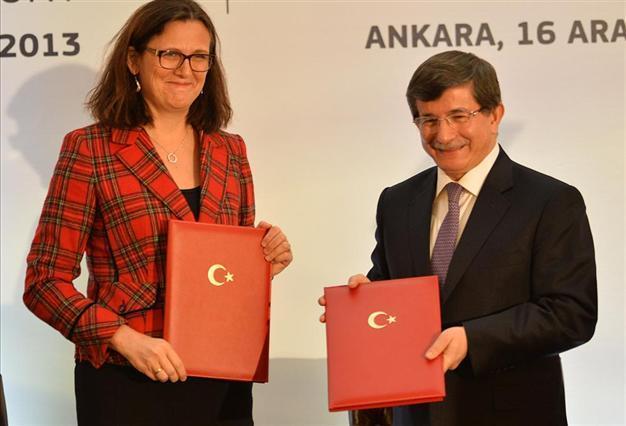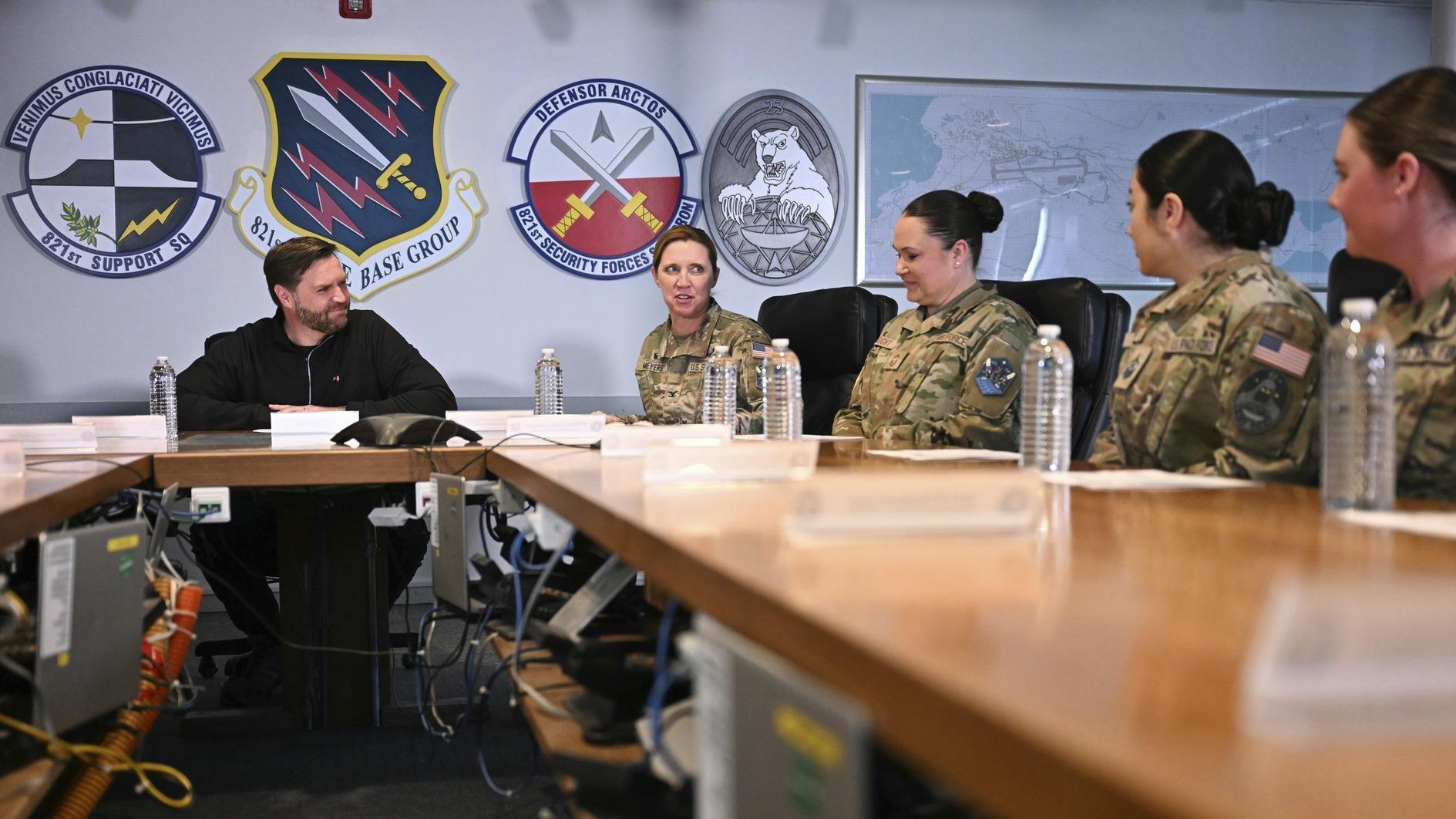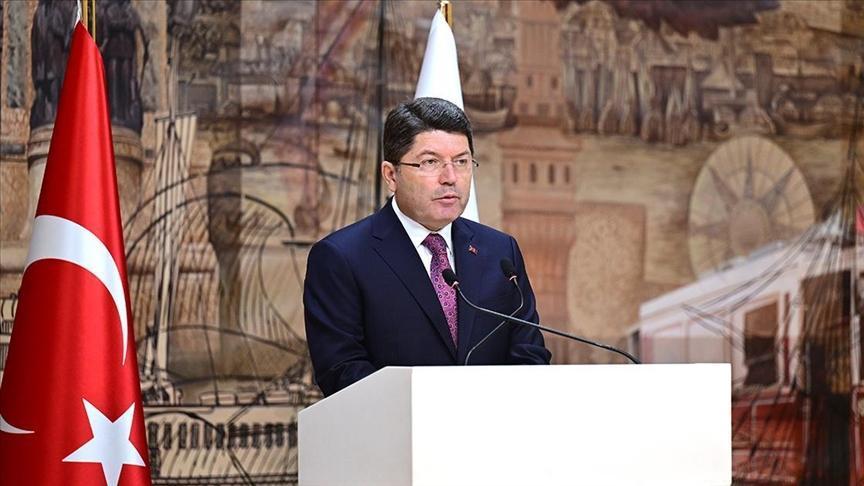Turkey, EU display mutual willingness for revival of ties
ANKARA

Turkish Foreign Minister Ahmet Davutoğlu (R) and EU Home Affairs Commissioner Cecilia Malmström signed an accord to enter into discussions on dropping visa requirements for Turks visiting Europe at a ceremony in Ankara Dec 16. DAILY NEWS photo, Selahattin SÖNMEZ
Turkey signed a long-anticipated agreement with the European Union yesterday, refreshing hopes for new momentum in stalled bilateral relations between Ankara and Brussels.The landmark agreement paves the way for EU governments to send back illegal immigrants crossing into Europe from Turkey in exchange for talks on visa-free travel for citizens of the country, which is a candidate for full membership.
In addition to the Readmission Agreement, Turkish Foreign Minister Ahmet Davutoğlu and EU Home Affairs Commissioner Cecilia Malmström also signed an accord to enter into discussions on dropping visa requirements for Turks visiting Europe.
The agreements as well as upcoming mutual visits between Turkish and EU leaders seem to be a sign of the mutual willingness of the two parties to breathe new life into their long-stalled relations.
“The gateway to Europe without a visa will now be open,” Prime Minister Recep Tayyip Erdoğan said at the ceremony, assuring that Turkey would fulfill its obligations.
Ankara overtly displayed the importance it attached to the occasion by sending the prime minister and three members of the Cabinet, as EU Minister Egemen Bağış and Interior Minister Muammer Güler were also present at the ceremony.
The ceremony in Ankara came after Turkey and the EU began a new round of membership talks last month following a three-year hiatus.
Erdoğan said the move would add “momentum and excitement” to Turkey’s EU process. He recalled that he is scheduled to pay an official visit to Brussels on Jan. 21 and added that French President François Hollande would also pay a visit to Turkey on Jan. 27-28. “These visits represent an opportunity to give a new impetus, a new enthusiasm to our relations with the European Union,” he said.
While in Brussels, Erdoğan will hold talks with European Council President Herman van Rompuy, European Commission President José Manuel Barroso and European Parliament President Martin Schulz.
Erdoğan to EU: No worries
In his speech, Erdoğan said no one should be concerned when the visas are lifted. Thanks to the country’s dynamic economy over the past 10 years, Turkey is no longer an exporter of labor; instead, the country has now become a destination for jobseekers, he added.
The EU wants Turkey to take back thousands of illegal migrants who have crossed its border into Greece, the EU’s eastern frontier. The deal stalled in 2012, with Turkey refusing to sign as the EU would not commit to starting negotiations on the visa-free travel regime applied to other candidate countries.
The deal foresees the lifting of visa restrictions within 3.5 years, but Erdoğan said he hoped it could be done much sooner.
The visa exemption would tear down an important psychological barrier, Davutoğlu said, adding that visa-free travel would enable EU citizens and Turkish people to interact more and pave the way for a new era.
Malmström said the initiative would bring benefits to both Turkish and EU citizens. “We have started two initiatives in parallel, which will boost relations between Turkey and the European Union and bring benefits to their citizens. I hope that the readmission agreement will now be ratified by both sides without delay and that the visa liberalization dialogue will soon [result in] substantial progress,” she said.
Ankara, however, unilaterally added annotations regarding its concerns on the process when signing yesterday’s agreements.
“We have full respect for concerns and we assure that within the framework of dialogue, we will take account of those concerns,” Malmström said.
In one of the annotations, Ankara said it would not change its visa regime with third countries. Turkey has made several bilateral agreements for visa exemptions with nations, including Russia and some Arab and African countries, that will remain in force until it attains full membership in the union.
The financial burden of readmission is on Turkey’s shoulders, but the country will establish shelters and facilities for migrants sent back by European countries with funds provided by the EU.
Another annotation said Ankara would keep its geographical reservation on the Refugee Convention. Although the EU has long pressed Turkey to change who it views as a refugee, Ankara said it would only examine the clause when it is granted full membership in the bloc.
















